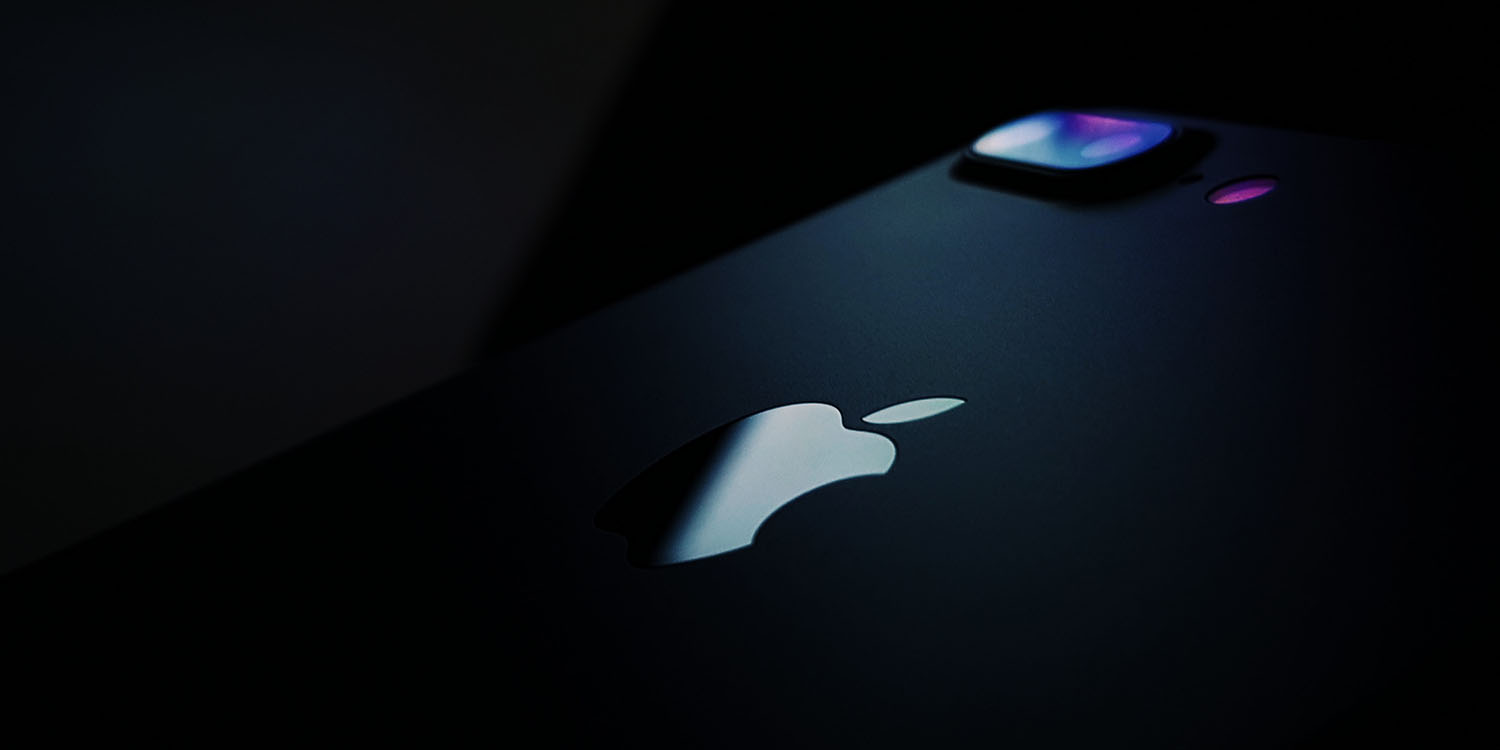
Australia’s prime minister has echoed the advice of cybersecurity professionals, in recommending that you turn off your iPhone for five minutes every night.
No, it’s not so you can reduce your daily Screen Time to 23 hours and 55 minutes, but to stop any spyware that may be running in the background on your device …
The idea that you should periodically force-quit apps in order to improve the performance of your iPhone has been one of the persistent myths among non-techies, but rebooting your phone is different. By closing all background processes, it can offer at least some degree of privacy protection against spyware.
The Guardian reports that Australia’s prime minister, Anthony Albanese, offered the advice while announcing a new security appointment.
Albanese, has told residents they should turn their smartphones off and on again once a day as a cybersecurity measure – and tech experts agree.
Albanese said the country needed to be proactive to thwart cyber risks, as he announced the appointment of Australia’s inaugural national cybersecurity coordinator […]
“We all have a responsibility. Simple things, turn your phone off every night for five minutes. For people watching this, do that every 24 hours, do it while you’re brushing your teeth or whatever you’re doing.”
The US National Security Agency (NSA) endorses this advice. It has previously recommended hard-rebooting smartphones at least once a week, for the same reason.
In the case of highly sophisticated spyware like NSO’s Pegasus, it may achieve little: A lot of work is put into exploiting vulnerabilities that allow the malware to relaunch after reboots. But security experts say that it can be worthwhile even then.
Dr Priyadarsi Nanda is a senior lecturer at the University of Technology Sydney who specialises in cybersecurity development.
He said rebooting a phone regularly could minimise risk because it forcibly closes any applications and processes running in the background that could maliciously be monitoring users or collecting data […]
“If there’s a process running from the adversarial side, turning off the phone breaks the chain, even if it’s only for the time the phone is off, it certainly frustrates the potential hacker.
“It may not fully protect you, but [rebooting] can make things more difficult” for hackers, Nanda said.
New South Wales cybersecurity lecturer Dr. Arash Shaghaghi agrees, saying that it puts one additional hurdle in the way of attackers.
Shaghaghi said that with so-called zero click exploits – sophisticated attacks that don’t require an action from a user to give an adversary access – rebooting a smartphone “may challenge the attackers as they may need to find alternative means to exploit the device once powered back on”.
Just last month, Apple alerted Pegasus victims in the first known case of the spyware being used during a military conflict.
FTC: We use income earning auto affiliate links. More.





